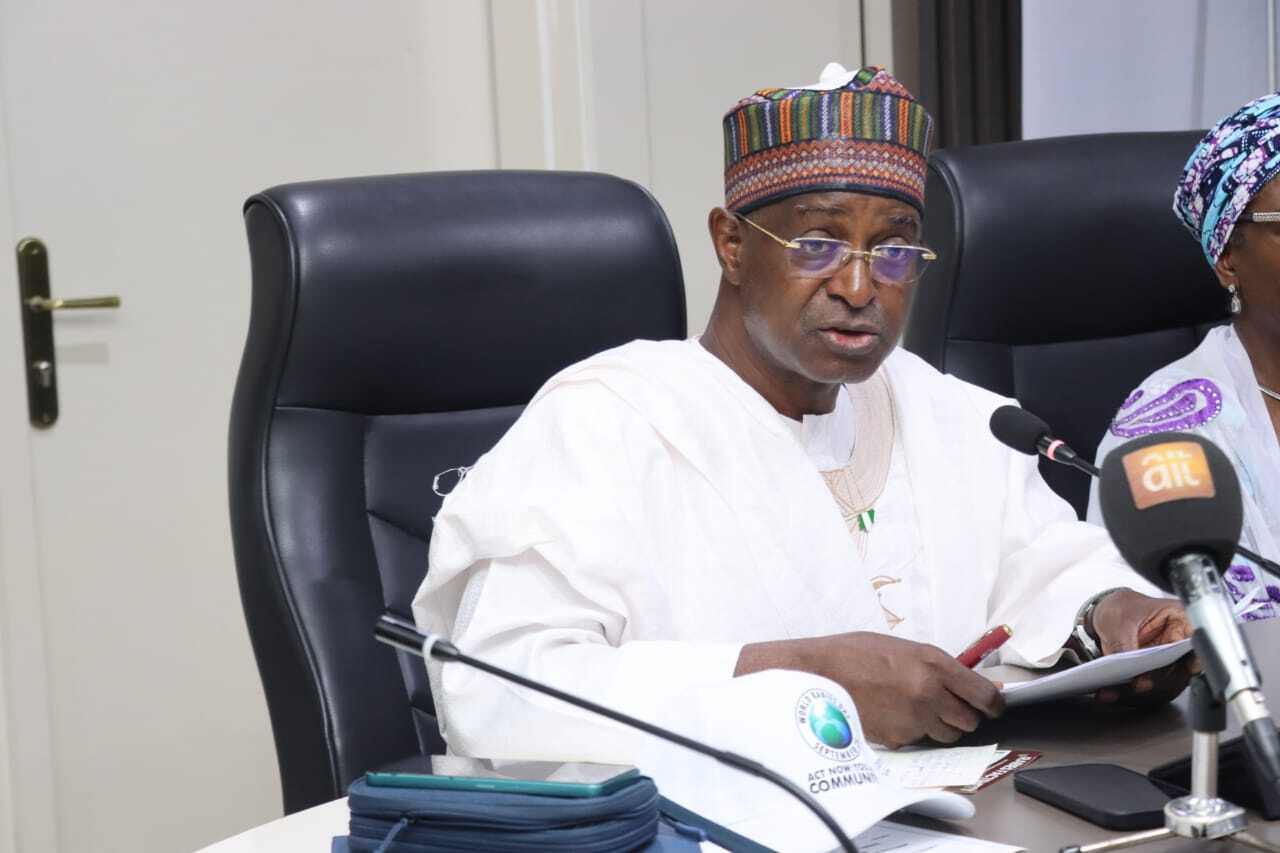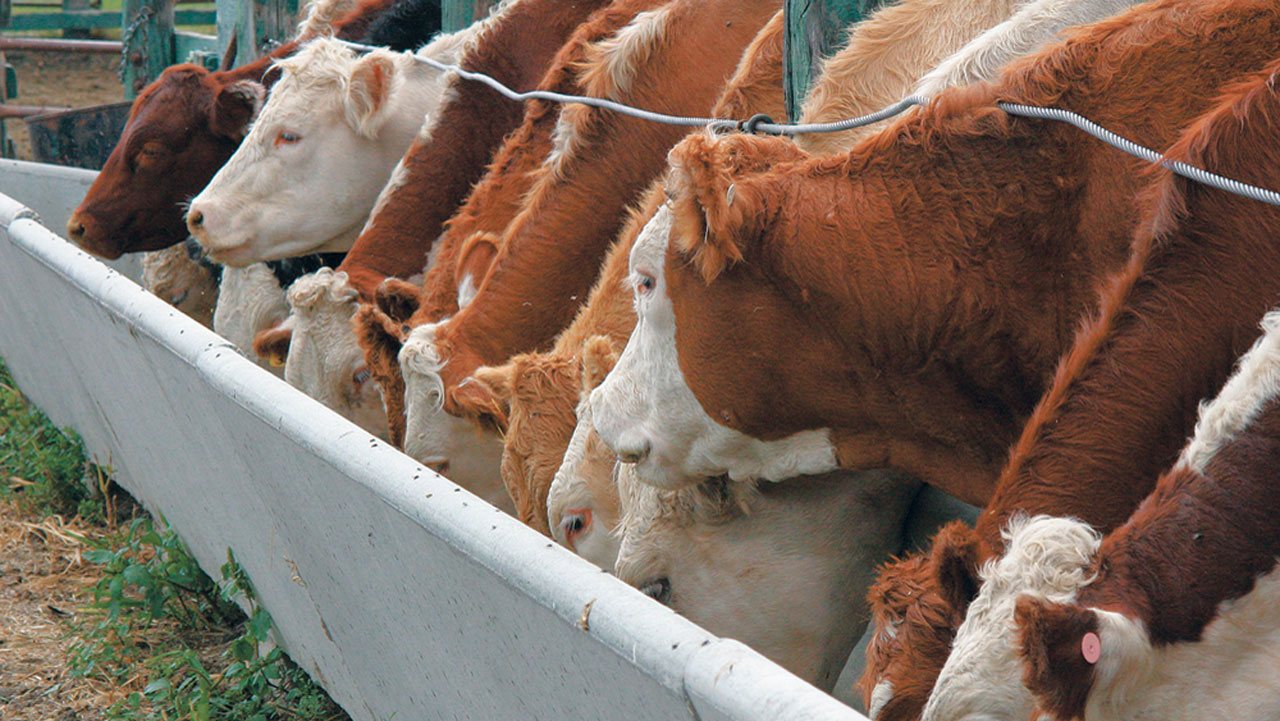
• Why Lagosians Prefer Imported Types From Cotonou
Pineapple is a tropical plant with an edible multiple fruit consisting of coalesced berries. It is regarded as the most economically significant plant in the Bromeliaceae family. It contributes over 20 per cent of the world production of tropical fruits, rated second to banana as the most important harvested fruit.
Brazil, Thailand, Philippines and China are the main pineapple producing countries, contributing 52 per cent of the world’s production. Others-India, Nigeria, Kenya, Indonesia, Mexico and Costa Rica, contribute the remaining 48 per cent.
In Africa, Nigeria is rated number one, as the largest producer of the fruit, followed by South Africa. Based on its importance, as one crop with the highest potential in the international market and highly profitable, farmers put emphasis on pineapple. It is not only capable of ensuring food security, job creation, the fruit is acclaimed for its health benefits.
Pineapple can be processed into fruit juice, cuts, syrup and others, reason why Dansa Company (Dangote Group) is investing $45m for pineapple production and processing in Cross River.The Transcorp Group has also invested about $6.5m into fruit juice plant in Makurdi, Benue State, where they are now processing pineapples and oranges.
But despite the country’s production capacity, stakeholders are raising concern over preference for imported pineapples, especially the specie from Republic of Benin, by consumers.Based on The Guardian investigation, the common variety-Sugarloaf-imported from the neighbouring country is long, greenish, skinny, sweeter, and also cheaper.
In both Ogun and Lagos States, while an average size of the imported pineapple could be purchased as low as N100 to N150, and the bigger one between N150 and N200, the small size of the locally cultivated pineapple sells for not less than N250 in Lagos State, but could be purchased cheaper in other states.
The Marketing and Communications Manager, Konkonex Farms Ltd., Mr. Kingsley Dudu, told The Guardian that the country would continue to experience influx of pineapples from neighbouring countries, until the country raises its production strength to match the rising demand.
“There would definitely be influx until we raise the strength of our production. Our production is till very low, because currently pineapple is being used for several things-alcoholic, beverage and food industries, not forgetting that they are perishable products, which are also seasonal, except farmers adopt a system called inducement so that they can still harvest or store when it is off-season, but that is not enough. We need to increase our production capacity, by the time we increase the production the ones coming from Cotonou and other neighbouring countries would not find their way here because we should be able to farm year-in, year-out.
“The specie planted here is different from what is planted in Cotonou. What we have here is Smooth Cayenne, ours is bigger than the one from Cotonou, ours is fleshy and sweeter. The issue is that they are not like us; they farm with pride to ensure they make money, which we don’t do here, but if we increase our capacity, we would stop the importation.
“Government is not helping in any form, government should make farming attractive, as a means of creating employment, they need to encourage farmers, give them what they need to farm. Agric is the only area where the unemployment ratio can be reduced,” he said.Speaking on the price dissimilarities, Dudu said based on labour, cost of production and other costs, prices of locally cultivated pineapples tend to be higher than imported ones, based on the fact that the foreigners are desperate to bring the product to Nigeria to sell, coupled with the fact that the naira is higher than their CFA, “so they bring it down here, get the naira and change it to their own currency, that is why it’s always cheaper.”
But a farmer, Ambassador Sola Bunmi Adeniyi, who doubles as Executive Director, GoGreen Africa Initiative, an NGO project for ‘Pan African Agribusiness Opportunity Crusade, disagreed that Nigerians prefers foreign pineapples to local ones, noting that the problem is mainly due to unavailability of the fruit.
“From my own angle it is not true, what I think the problem is, is availability. People go for what is available, whether it is good or not. It is just because the foreign pineapples are more available than the local ones. And when you say Nigerians, it is only Lagos, most people don’t know Sugarloaf outside Lagos and why you have it in Lagos is due to its proximity to Porto Novo, Benin Republic.
“A farmer that is into pineapple cultivation in Benin, Edo State would always find it difficult to move pineapples to Lagos, unlike someone moving it from Cotonou. Like in Port Harcourt, they don’t know the imported pineapples. The Sugarloaf is whitish inside and so rich in sugar, which is not good for the body, but the Smooth Cayenne that we grow is the best and so, it is all about availability,” he said.
Adeniyi lamented that the value-chain has been plagued with challenges, basically due to absence of large-scale off-takers in terms of processors. “Majority of what we produce is purely for consumption, there have never been big off-takers, that is the major challenge. The juice companies are not using pineapples, they are just using concentrates, at the end of day, you’ll have your pineapples, but nobody to buy, except those consuming it at home, that’s where the challenge comes from.
When asked why there are fewer farmers cultivating pineapple across the country, he said; “It is because there are no sustainable markets. For example, an hectare of pineapple can produce up to 50, 000, you can imagine if I produce that and there is no market that is where the problem comes.
“The ratio of what you put in would determine what you’ll get out. As at today a sucker is around N40 to N50 and you are putting 50,000 on an hectare, that is N2m, but when it comes out and you are selling for just N100 or N150, then you get up to N5m, which is good, if there is a market that can take it once, but when you are selling it one by one, it is not encouraging.”
[ad unit=2]






